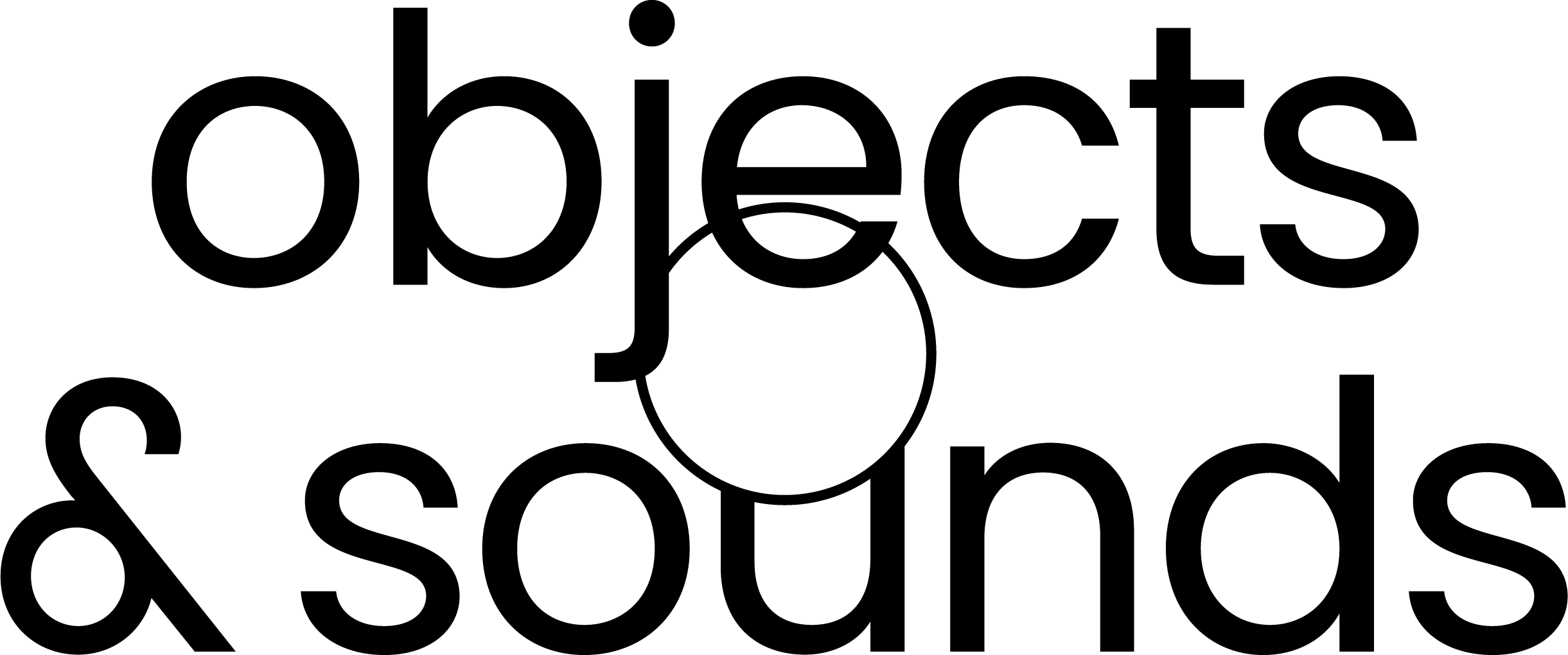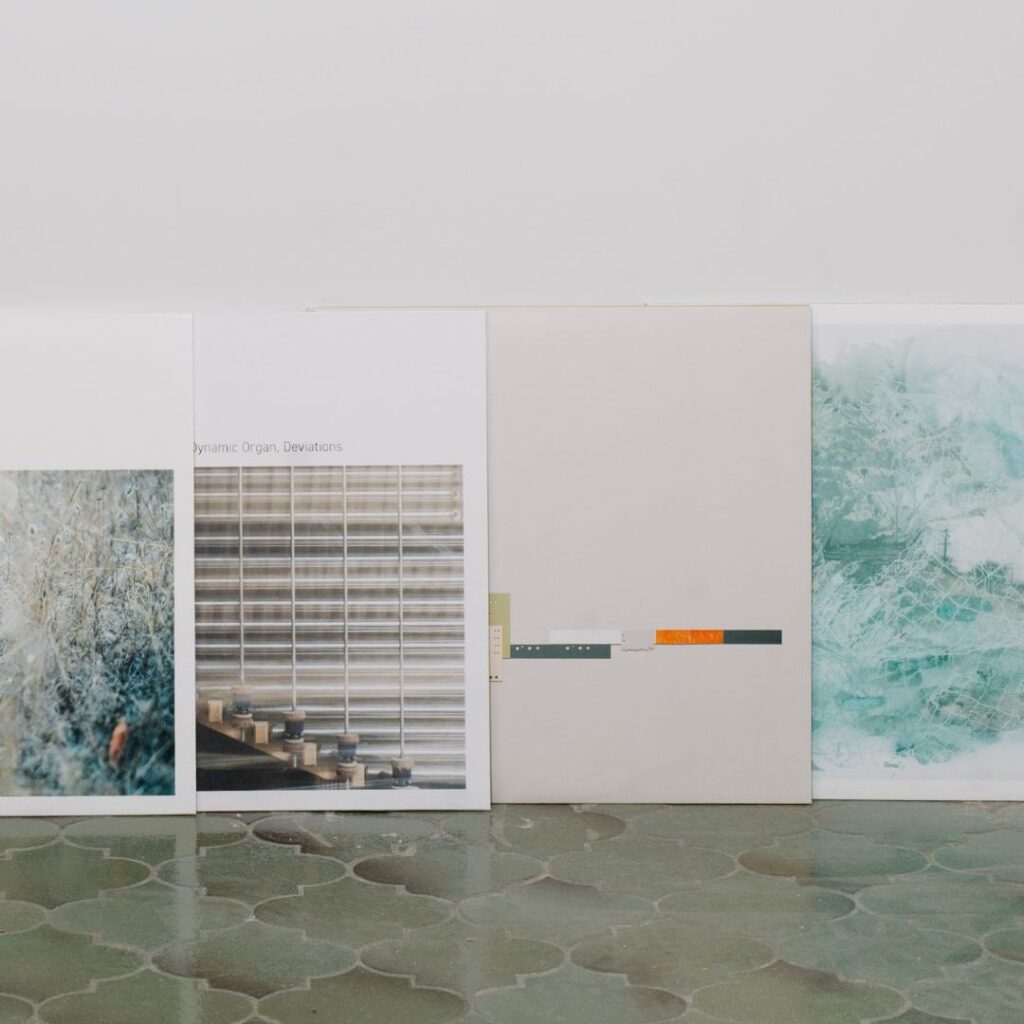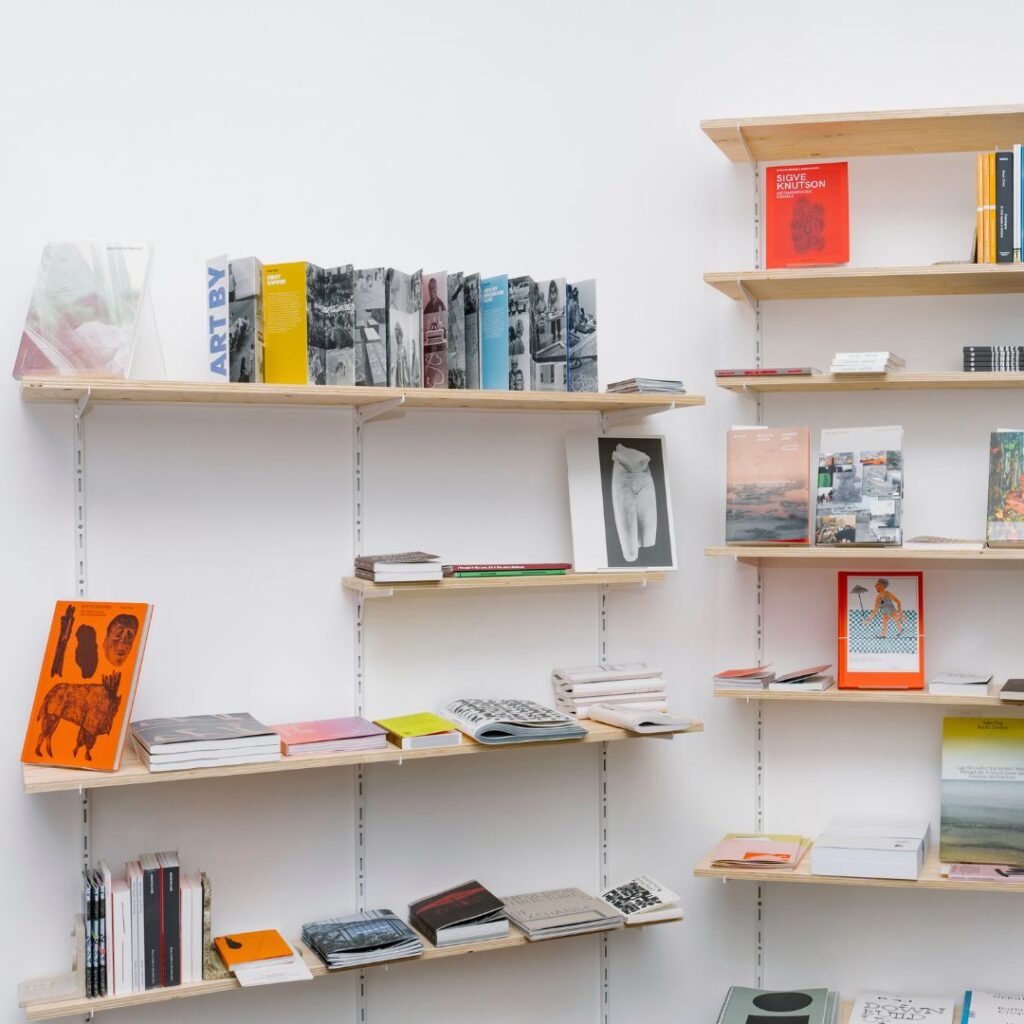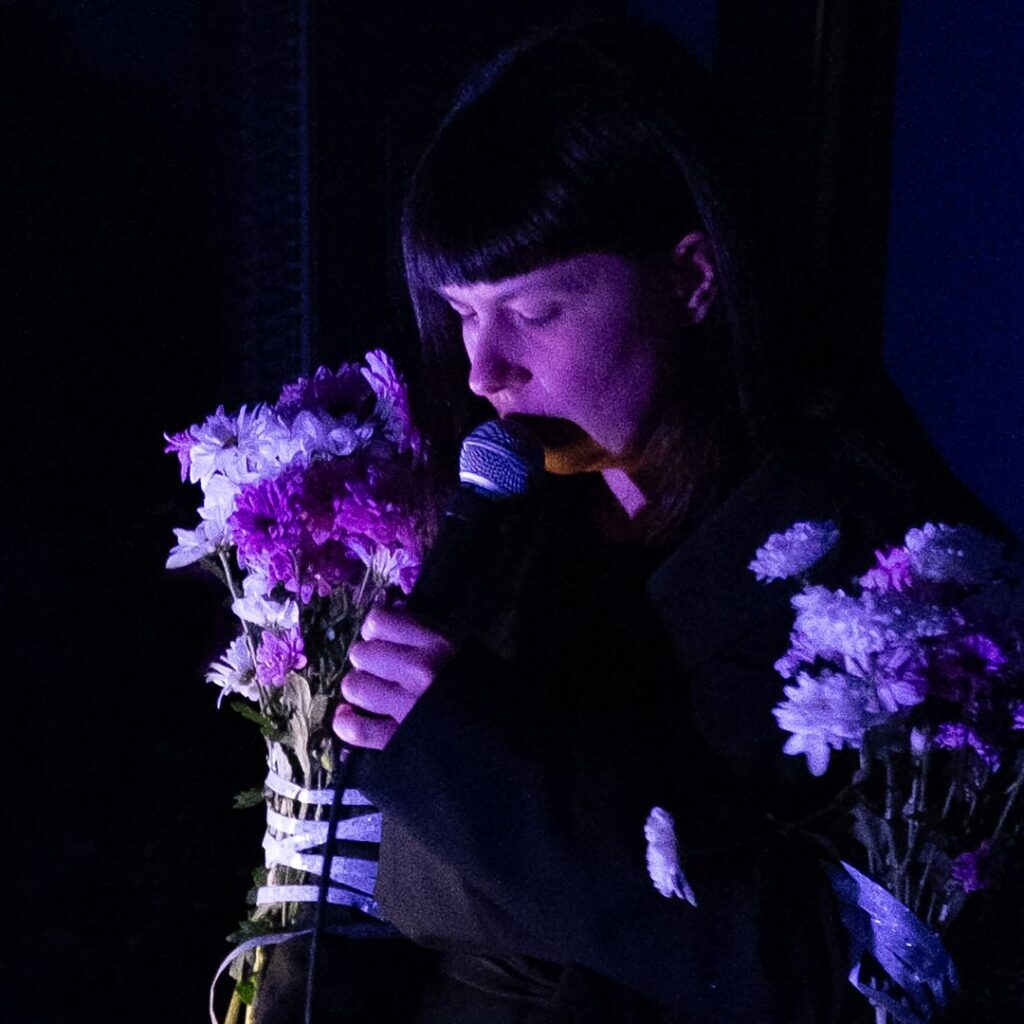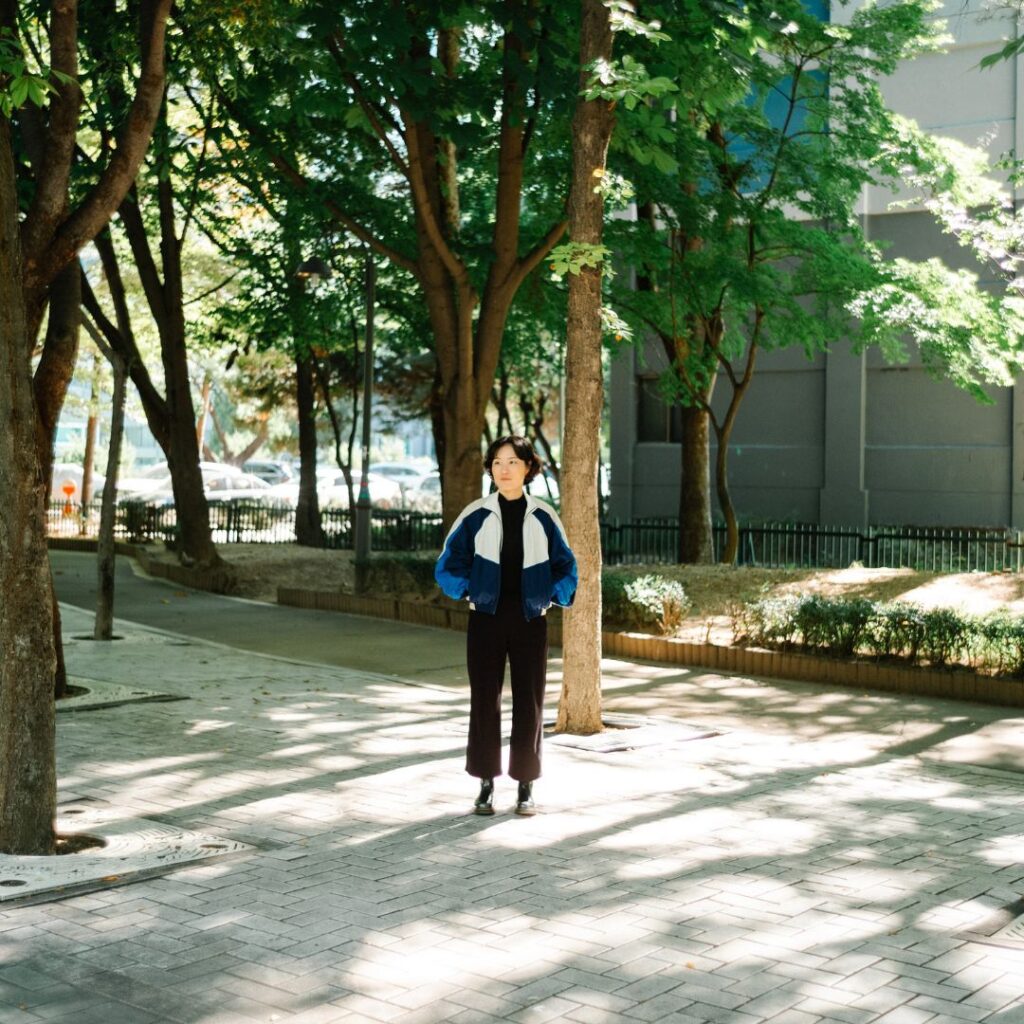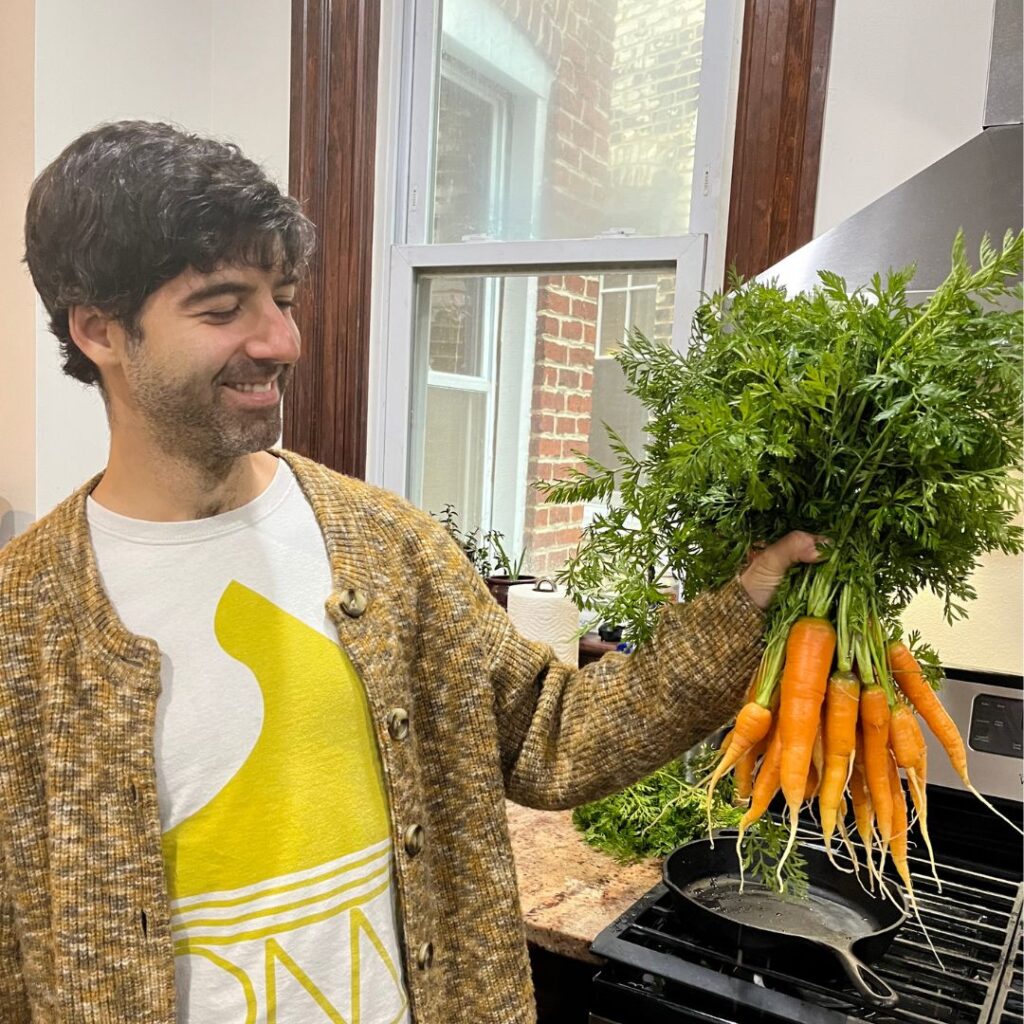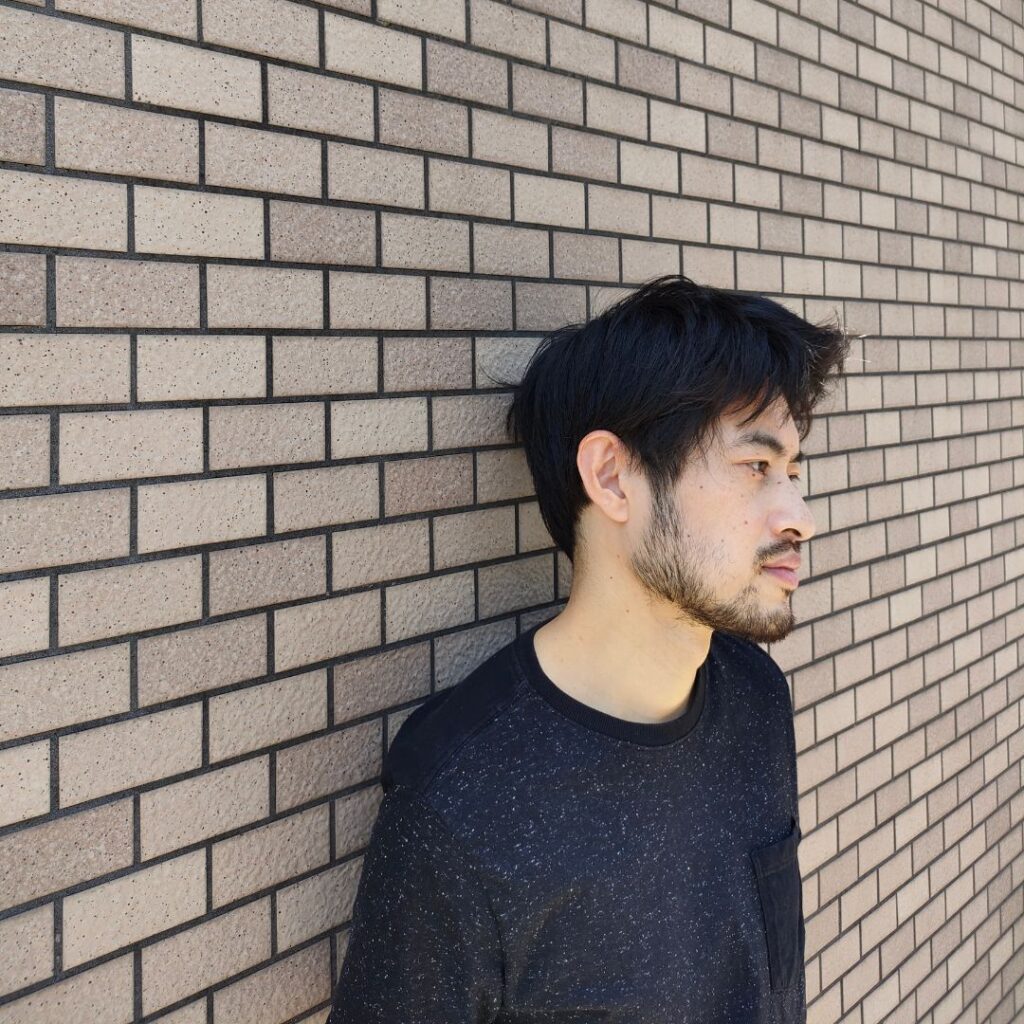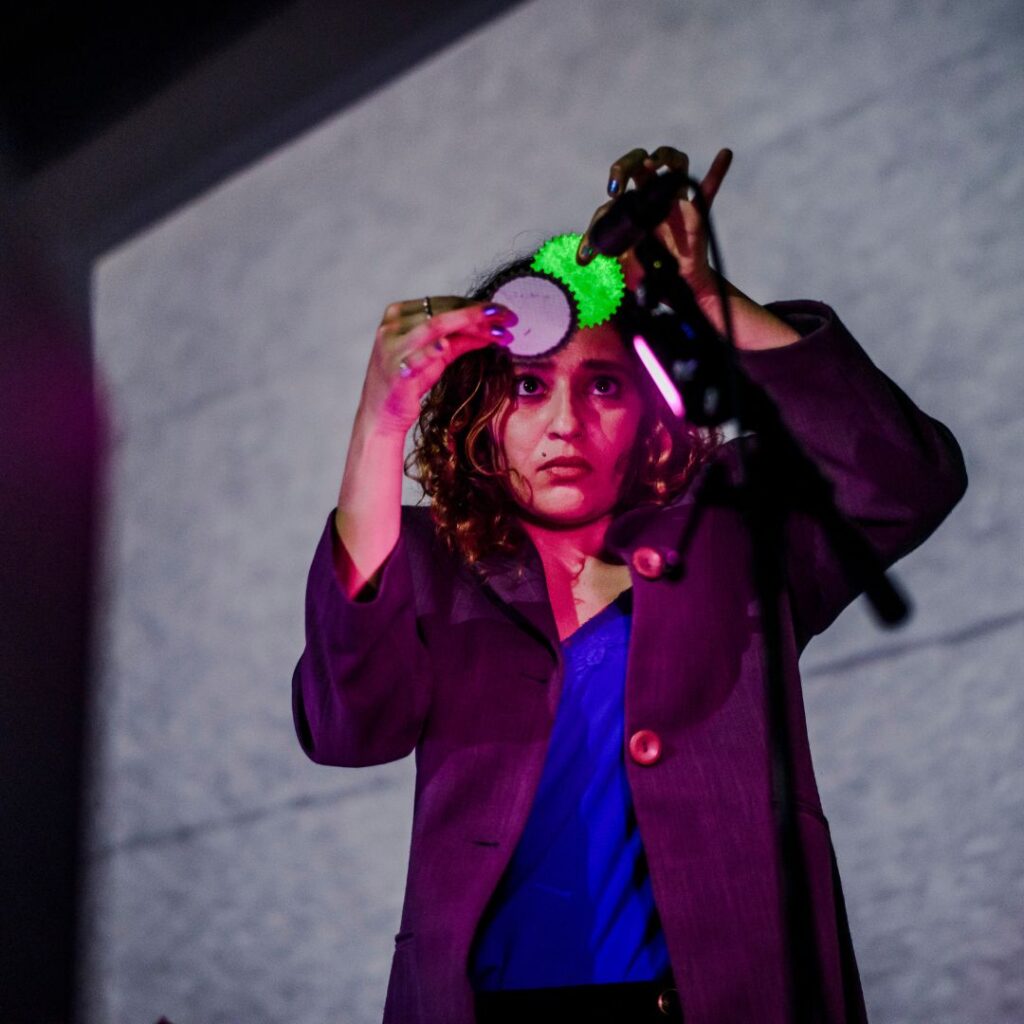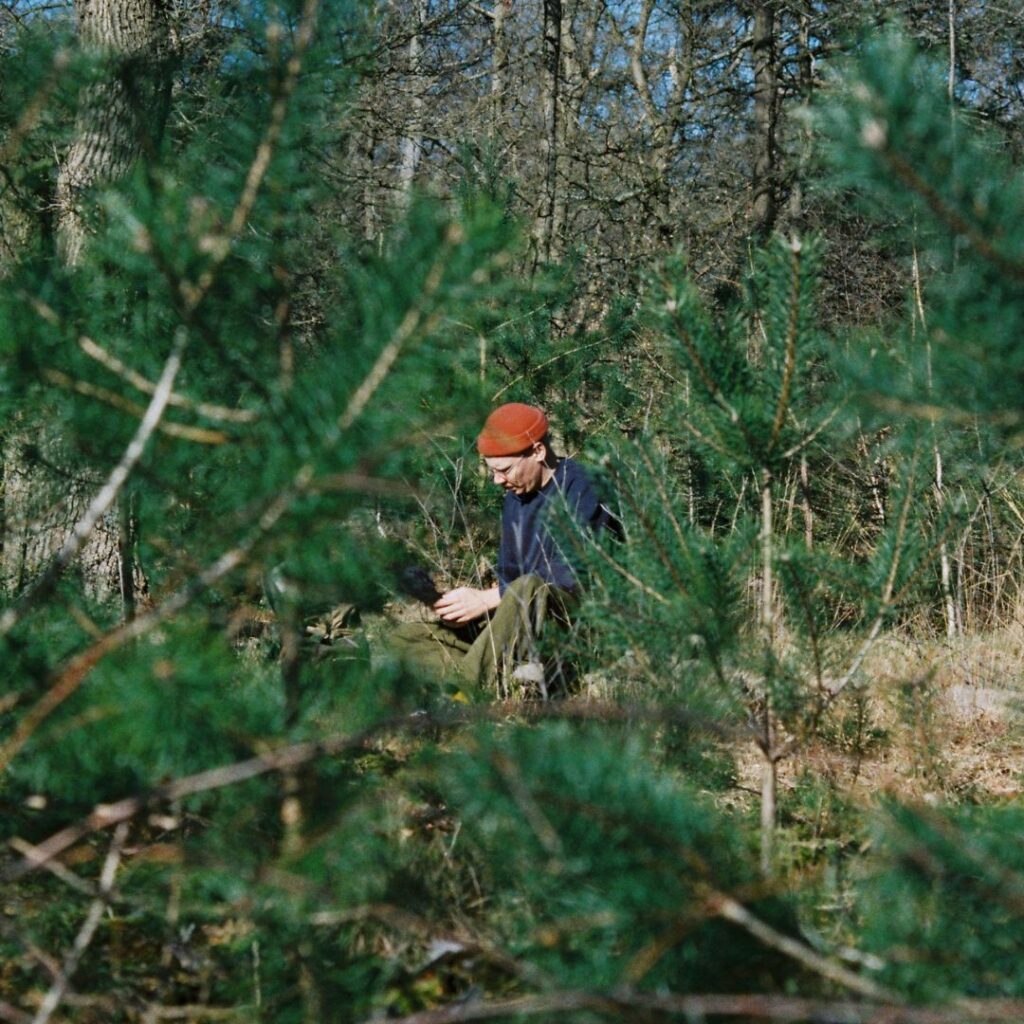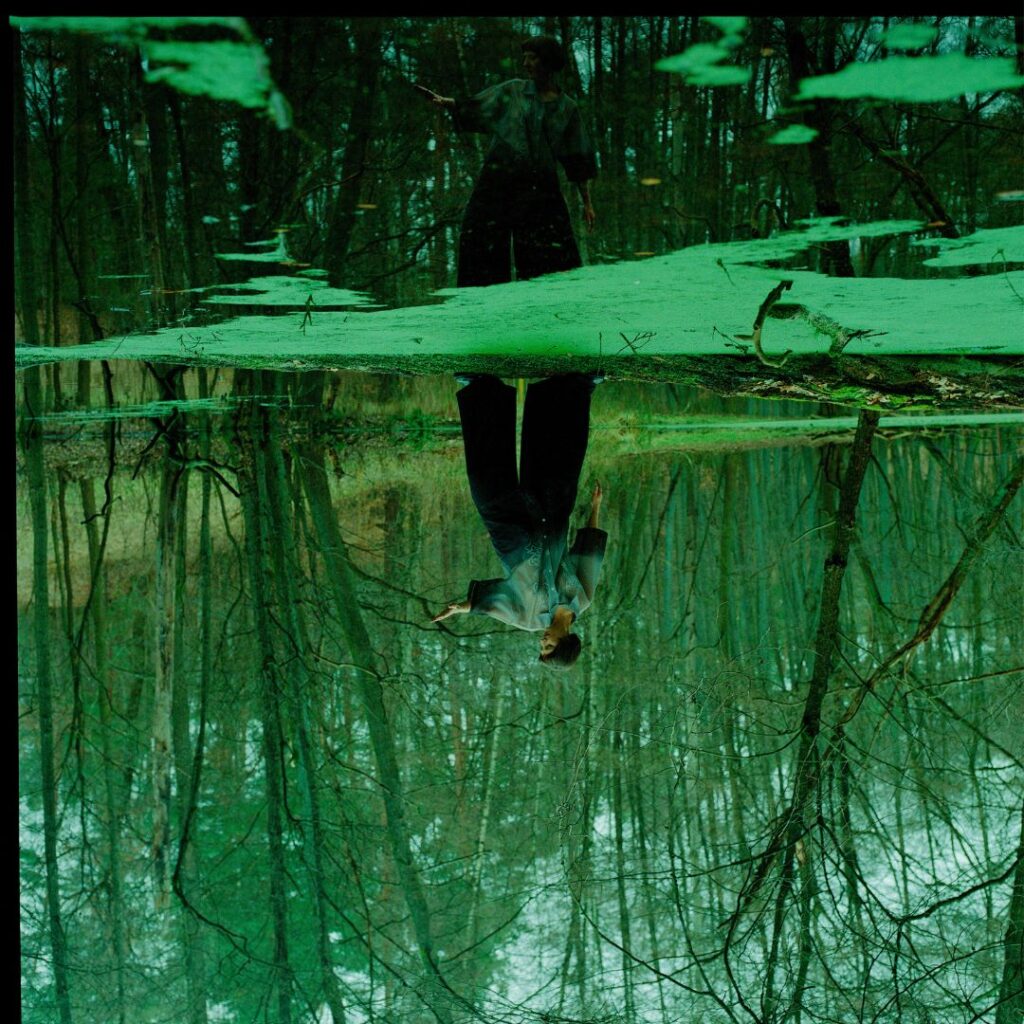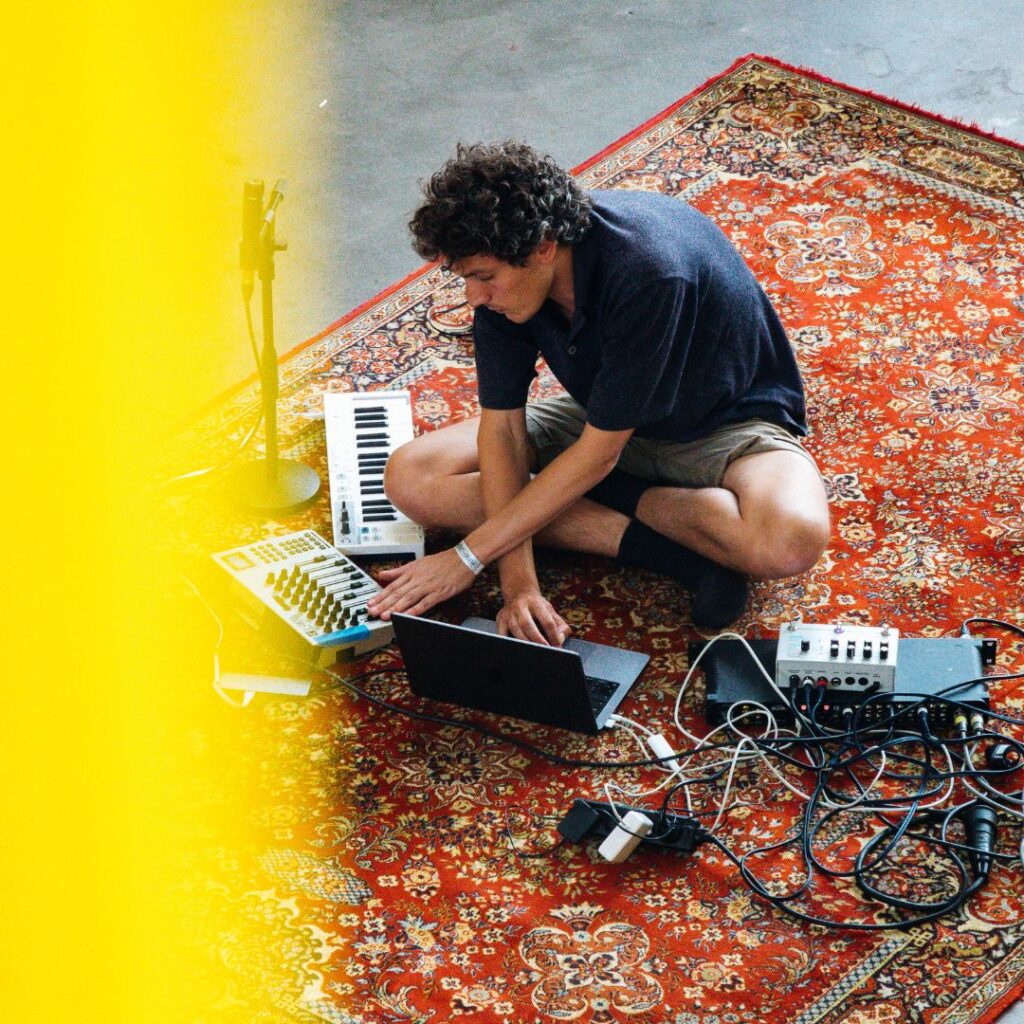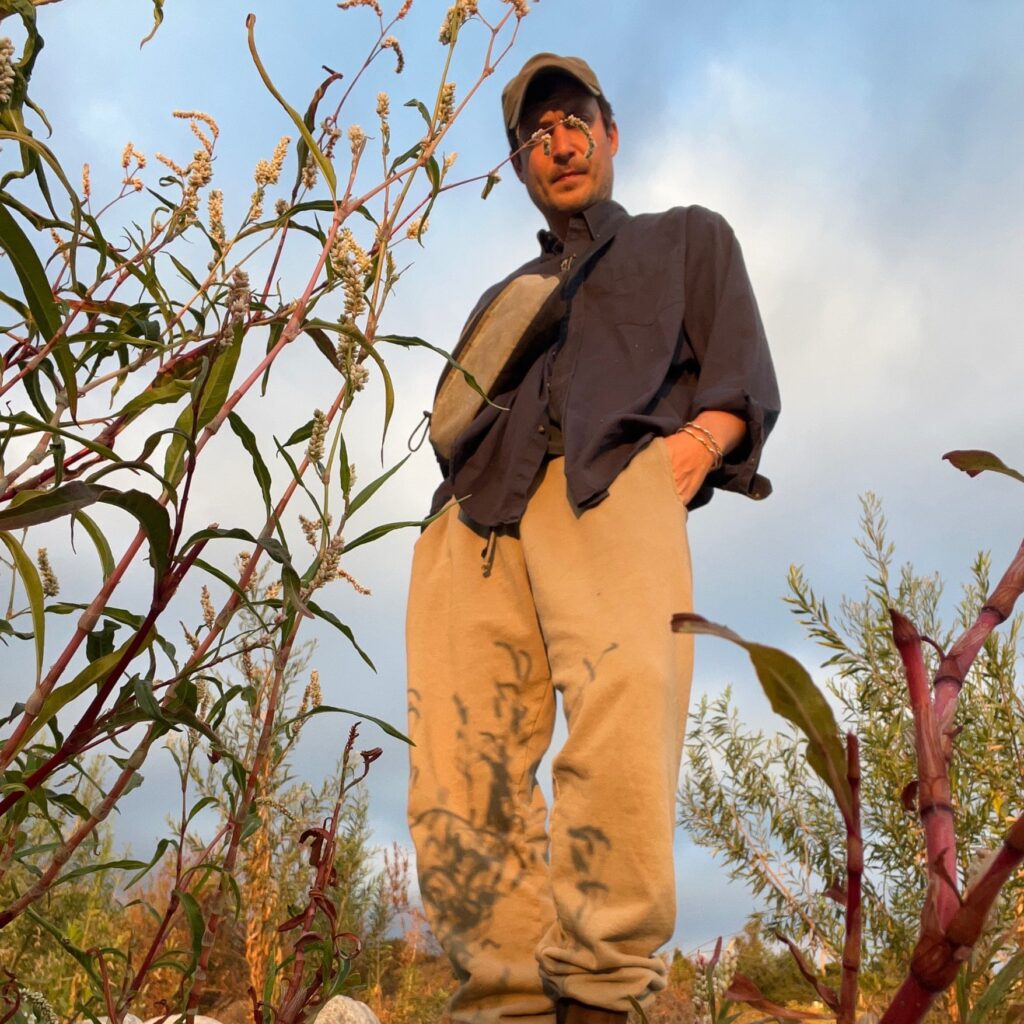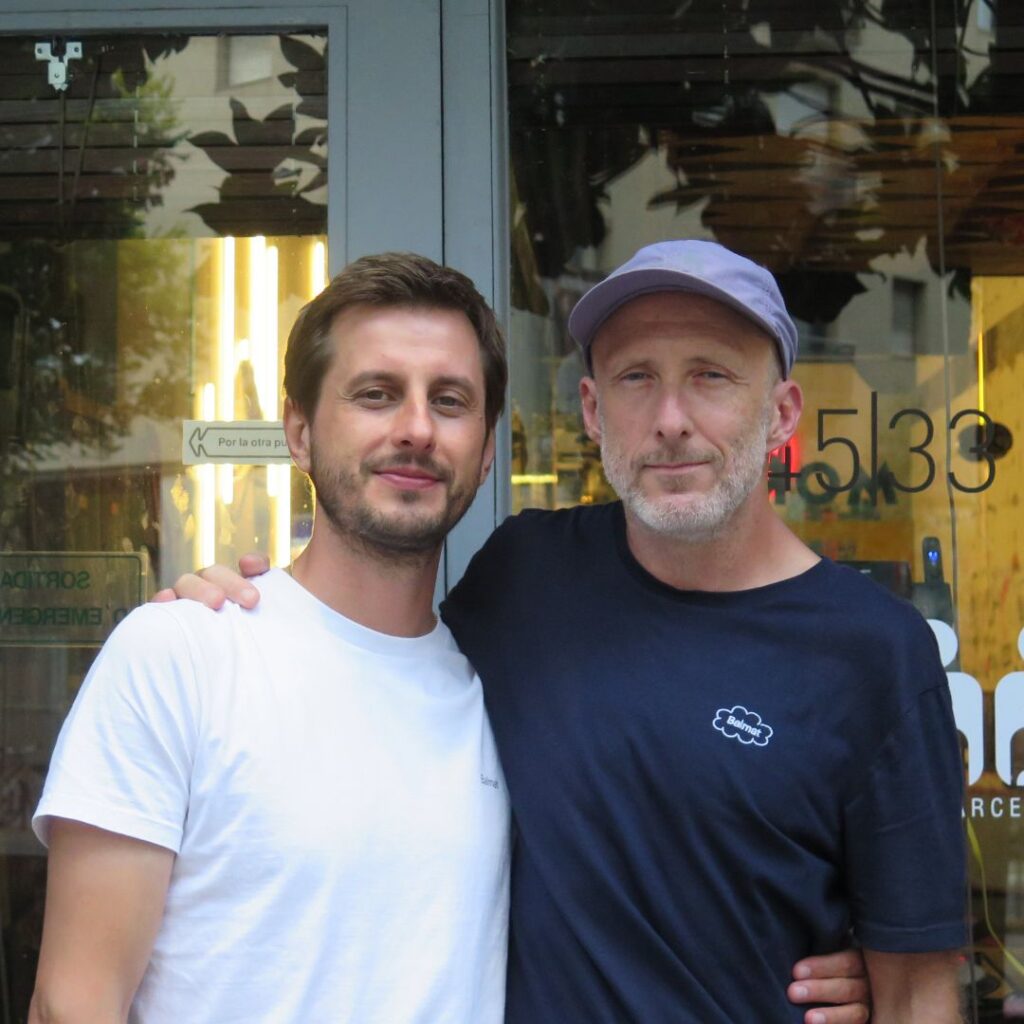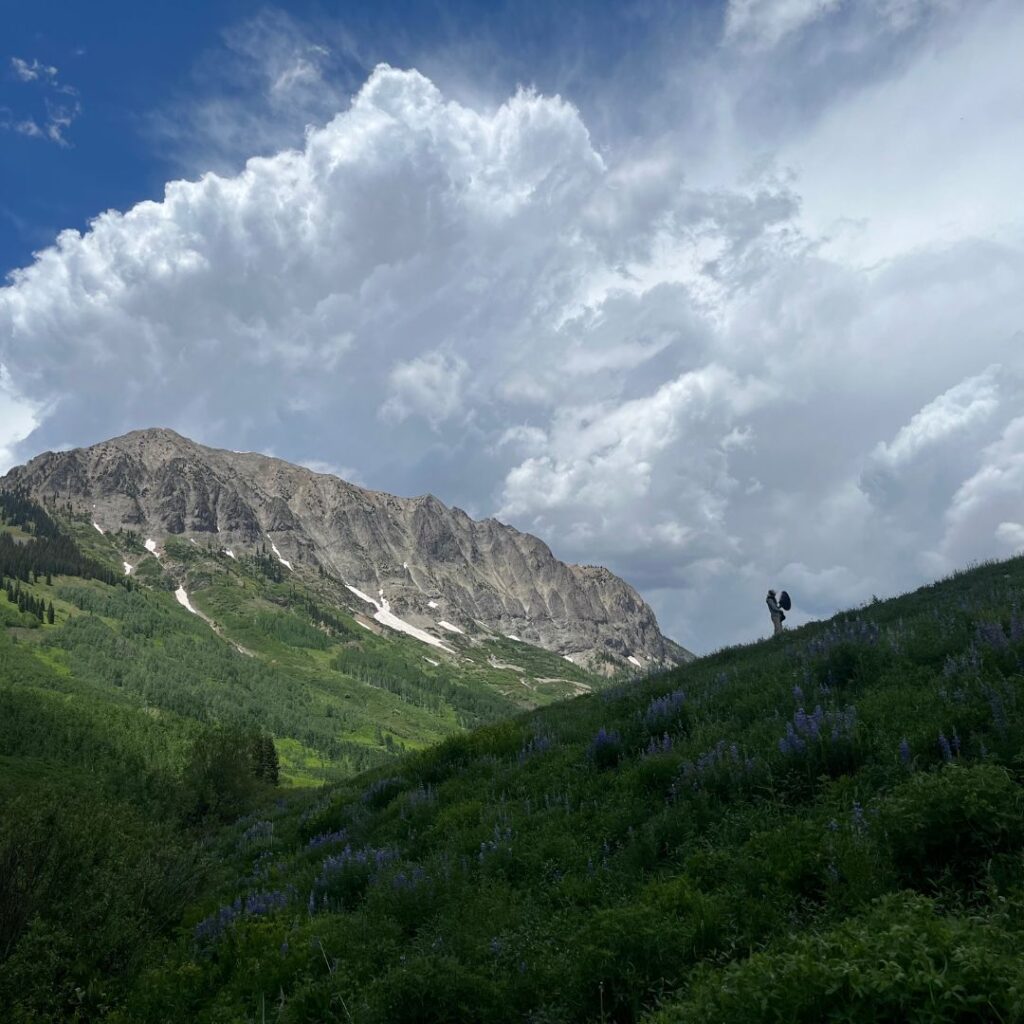embracing the unknown with Cate Kennan
Constantly challenging herself while being spontaneous yet watchful in action is the key to LA-based Cate Kennan’s sonic practice. Working on several tracks at once, as well as incorporating samples from her archive that had long been forgotten, she creates new realms composed of multiple temporalities. Her recently released debut LP, The Arbitrary Dimension of Dreams, is an assemblage of distant places located on the borders of illusions, dreams, fiction, and reality.
Intrigued by her passion for vigilant explorations, we keenly spoke with Cate to get a glimpse of the process behind making her new record and to learn more about what it means for her to be a better musician.
Your touring schedule is pretty packed for your debut album. How exciting!
Yeah, I’m pretty excited! I haven’t actually left Los Angeles since 2018, so it will be fun to see different people in different places. It’s also very exciting to finally get to share the album and also just to know that people are listening to it. It makes you feel like, “Oh, I’m not just doing this alone for no one.”
You recorded ‘The Arbitrary Dimension of Dreams’ before the pandemic. How has your music and practice evolved since then?
I wrote and recorded the songs between 2018 and 2019, but I actually finished the album in 2020. Now that I’m performing the music live, I’m realizing that I feel detached from the initial inspiration of the music somehow. That’s very interesting for me because I didn’t know what that would feel like. The years before COVID feel very distant and blurry to me, and I see this album as a bridge between life before and after that. It feels like a clearing of a slate.
The projects I’m working on now are very different. I’m putting together a new record that feels like a folk album. That’s what I’d like to think it is now, but maybe it’ll sound totally different when the recordings are finished. I’m also scoring a film, which is very different in nature but also feels very similar somehow.
It’s interesting that you mention folk because the guest mix you made for one of our radio shows somewhat exuded that. What drove you to explore that?
Do you know this toy organ called the Optigan? It’s made by Mattel, the toy company that made the Magic 8 Ball. It’s basically a really interesting early sampling instrument. I can’t show it to you now because I already sold it, but optigans use these optical discs which look like film negatives in the shape of a vinyl record. If you look closely, you can see the waveforms printed on the discs. You insert the disc into the organ, and a light beams on it as it spins. You can play the keys or press the chord buttons, which then activate the sampled sound.
Its sound is quintessentially haunting. A lot of the samples remind me of the “Old West.” I picked one up in 2020, and I just ended up making a lot of recordings with it. Some of which I ended up singing on. It just inspired me to do that.
But you sold it, so probably you weren’t so attached to it.
It was really big and I didn’t have that much space. Also, if the thing breaks, I’ll never be able to fix it. I miss it lately, though. Now that I’m working on these recordings, I wish I still had it to see what else I could do.
It’s nice that you’re open to just playing around and letting the instrument dictate where you’re going.
Getting new instruments always feels like that. Even just getting a new keyboard feels so inspiring because you interact with it so differently.

You always gravitate to the keys. Would you consider that your main instrument?
I actually made my first recordings with the guitar, but as soon as I started tinkering with a keyboard, I just felt that I could get my musical ideas out quicker and I also progressed a lot faster. It also kind of feels like having your own orchestra. At least with a synthesizer, you can create seemingly infinite sounds by shaping just a few parameters.
Even though there’s nothing more beautiful to me than a clarinet or a cello, I feel like a keyboard is just so versatile. I think a lot of artists use it to write music, because it has this quality of having everything laid out in front of you and you can just make any sound you could imagine with it.
How did it all start for you? Where did the urge to create music come from?
As a kid, I’ve always loved drawing, painting, and writing stories. I have always gotten sucked into the creative process for as long as I can remember.
I remember making my first recordings as a teenager using Garageband on my computer. I used the guitar for chords and melodies, and I made four songs in one go. I remember driving around in the car afterwards. Just listening to them and being like, OK this is what I’m gonna do to this one and this is what I’m going to do to that one.
I never really stopped after that. I just knew it was something I wanted to explore. It sounds very cheesy, but at that moment, I felt like I found my voice. When I make music, I feel like I am able to convey my thoughts about life, or the way life feels. I also mostly just want to interact with music, which has always been the primary inspiration and obsession. The reason why I even thought to start recording in the first place.
For your upcoming shows, will you be performing new tracks you’re working on?
I feel like doing a live set is an entirely new project of its own. I’m rewriting some of the songs from the album, so it almost feels like I’m performing a whole other one. I will be playing some new tracks I’m currently working on, but adjusted to the style of the record, so I don’t think people would recognize them at all.
I don’t know if I will ever perform the new album on stage because I feel like I would need a band for it. I’m in Scott Gilmore’s band and he just does so much work for it. If I were to start one, I would have to balance that between recording, composing, and everything else.
But it does seem like you enjoy playing live and being a part of a band.
I’ve thought about it like climbing a mountain. It feels like a total struggle while you’re doing it and sometimes you’re like, “Why am I doing this?” But then you get to the top and you see the view, and you experience this other kind of satisfaction.
I also think it helps to address the existential fears one has as an artist. Sometimes you think, “Does anyone even care about this?” But then after the show, people say they enjoy it, or they say things that you’ve never thought about before. It gives you perspective.
Especially for me, I spend a lot of time alone and making music is such a solitary activity. Doing something like that once in a while feels very human, like I’m contributing and participating in society. I don’t experience the same self conscious awareness playing with the band. It’s so fun to play with other people. It doesn’t feel like I’m in the spotlight, and it’s sort of the ultimate experience of connecting with something larger than yourself—playing music that you love with other musicians.
And now it’s your own music that you’re performing.
When I first started recording music, I never thought I would ever release an album necessarily.
And what drove you to create an album then?
I’ve made many albums throughout the years that will never see the light of day. It feels very natural for me to gravitate towards making collections of songs, as I mostly work on a batch of recordings at a time. I have a friend who finishes one track in one go. He records it, processes it, and mixes it until it’s completely finished. I work on 30 tracks at once, and I feel like I’m constantly working on different ones and creating new ones.
While I was working on the recordings for the album, I realized the common thread was that they were kind of about a dream world. Once I had a clear idea of the narrative I was expressing, it became super inspiring to work on the tracks because I had this vantage point that shaped them and tied them together. It also inspired me to create new recordings and I also got rid of a bunch of the original ones I was making too.
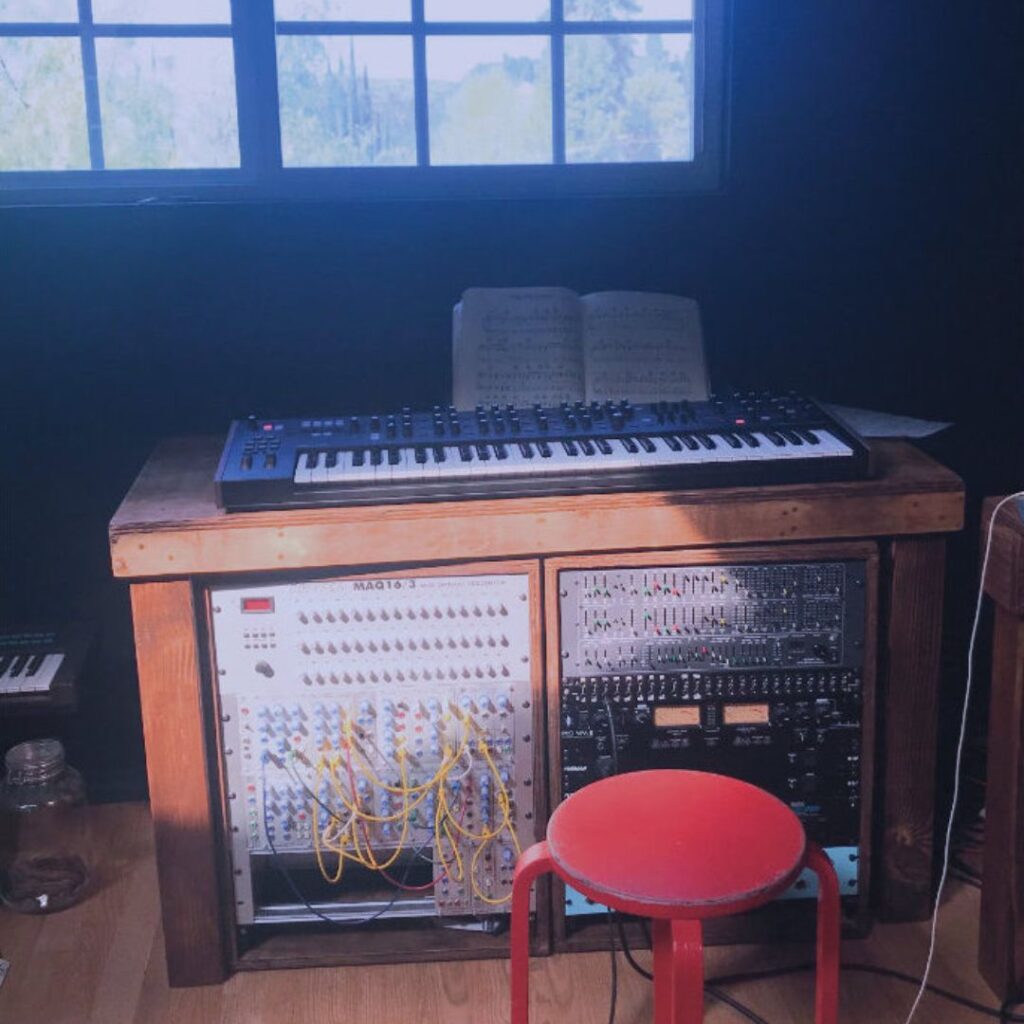
How did you end up working with Post Present Medium?
I met Dean Spunt back in 2018 when I played at an art book fair and he invited me to play at an event series called Succession Sounds that he was organizing in the San Fernando Valley. The SFV is a giant suburb of Los Angeles, and it’s a really weird, sprawling place. He was putting on these really cool events that had performance artists, video artists, and all kinds of different musicians. Dean comes from a punk background and I really thought that it was cool that he liked my music.
When I was finished with the album, I just wondered if Dean would be interested in releasing it because with PPM he represents the far corners of the underground, from punk, to noise, to synth, and beyond, and I admire that. I sent it to him and he got back to me saying that he would love to do it. I feel like it’s a good life lesson to keep in mind that maybe this unattainable thing in your head could be just right in your neighborhood all along.
Do you feel that LA as a city influences you as an artist?
LA feels like this weird melting pot where you go to a show and there are three really bizarre acts programmed next to each other. It’s sometimes hard to listen to three artists who sound exactly the same, so I really like the randomness of things around here. It’s also freeing as an artist to not feel like you have to fit into a scene or a mold of any sort.
Talking about freedom as an artist, did you ever consider using a moniker?
I’ve thought about this and I’ve considered it, but I don’t have one for the same reason why I don’t have any tattoos. It’s hard to make such a permanent decision. What if I want to change it after a few years? With my own name, it just feels more neutral and meaningless in a way.
Choosing a name also comes with a certain association. What if the name only works for a certain style of music? If you have a moniker that elicits too strong of an association, you might also change how you make music to fit it. I don’t want it to limit what I make.
Looking ahead, what do you still want to explore musically?
I have a long list of recordings that I want to finish. Sometimes I make things and put them aside and think to myself that I’ll work on them when I’m a better musician.
It’s so interesting how you say that you park pieces for when you’re a better musician. What does it mean for you to actually be one?
I guess for me there are certain things that are more difficult to resolve because I feel like I can hear what it needs and that it can be really good, but I just can’t physically play the part that I’m hearing.
I’m constantly learning and actively teaching myself how to play the piano better. I learn classical pieces on my own sometimes, just to force myself and my hands to play new different patterns. Also even being in Scott’s band makes me a better musician. Learning how to play my parts and just playing a lot helps with my own writing process and in making ideas come quicker.
Has it already happened where you feel like “OK, I’m ready to do this” and you pick things up?
It’s starting to happen with one of the songs that was supposed to be on The Arbitrary Dimension of Dreams. I’ve made what I thought was a really pretty melody, but the rhythm somehow just felt so off and every chord progression that I put underneath sounded forced or too obvious. Recently, I began to break them up a little bit and I feel like I’m making progress in how to tackle it.
Sometimes if you over analyze something or overwork it, it just becomes kind of dead. With this recording, it was already kind of becoming that way. It was either just going to die because I wasn’t good enough to shape into something I envision it to be, or I can just hope to revisit it and be able to achieve what I want to with it someday.
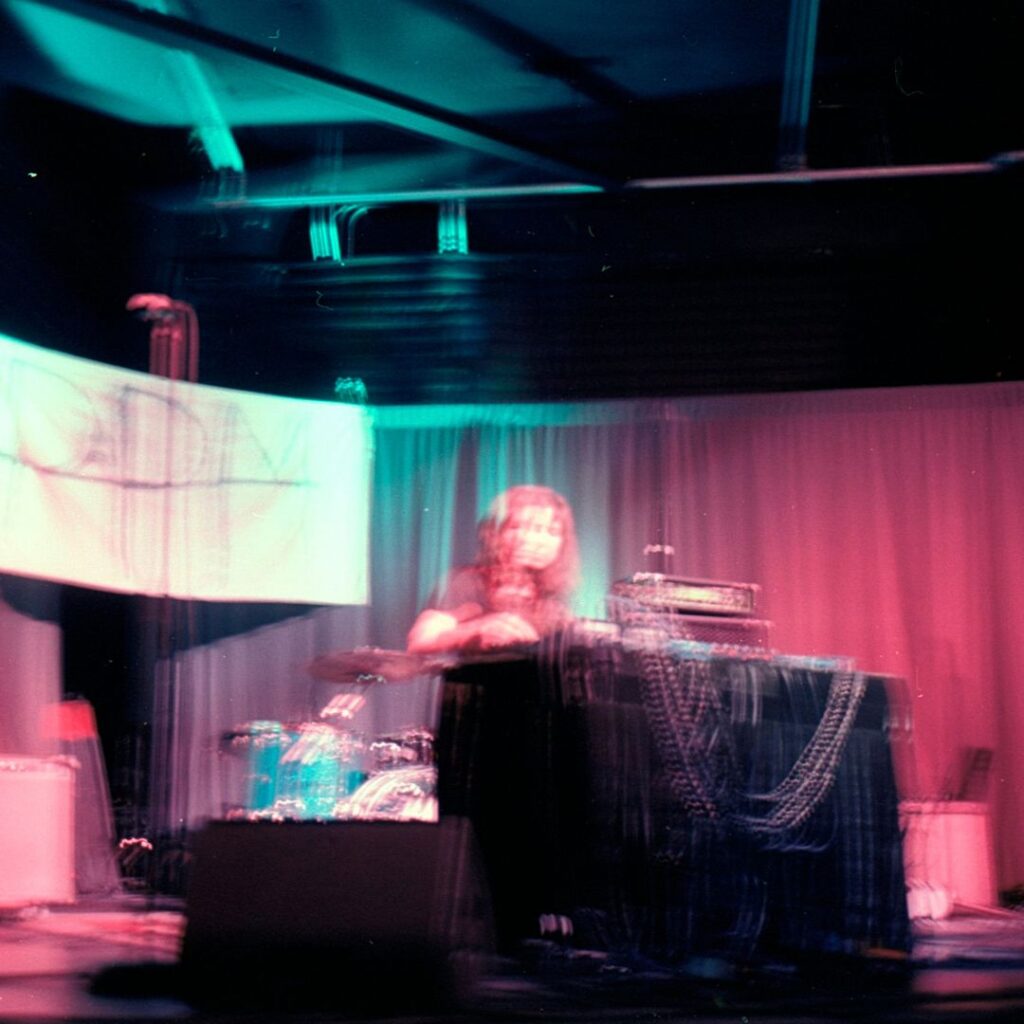
It’s kind of cool that many versions of yourself are working on one track. It’s like a collaboration with yourself.
I actually found a whole bunch of old recordings that I made around 2014, which I thought would go really well with some of the folk songs that I’m working on. I didn’t know what else I could do to them. They’ve just always been there. Now I’m turning them into new things and adding all kinds of parts to them that I never would have thought to back then. It’s kind of fun to go back.
If I don’t know how to finish something, or if it’s just not sounding right, I always just put it in a folder for later, which I sometimes revisit when looking for new inspiration. Sometimes I end up finding things I could use for what I want to be doing now. It takes some patience to be able to say that I’m OK with pausing it for now and I’m not going to force it.
To end, can you walk us through your process?
My process is very disorganized and it comes with a lot of experimenting. If someone were to watch me work, they could probably find the patterns behind what I do, but I feel like I don’t have one formula in approaching a song.
Some songs I make are more technically driven, like you can probably hear that I set up a certain sequence deliberately, while some songs are made very spontaneously. Sometimes I would just sit in front of a keyboard and try to play a melody or some chords, write them on a piece of paper, and really compose what happens from there. In the past, I’ve also made music with a lot of rhythms and beats using a drum sequencer. Sometimes, I’ll put a drum beat on a song only to remove it in the end.
I thrive on change and unpredictability and that’s kind of what gives me momentum to keep making music. I don’t want to do the same thing all the time, so I feel like I always try to change something and I always want to be doing something new or something I’m initially afraid to do.

